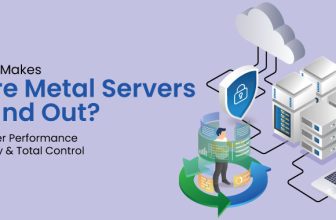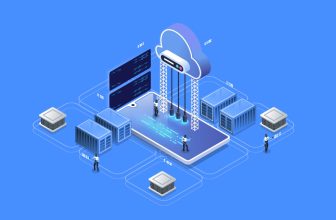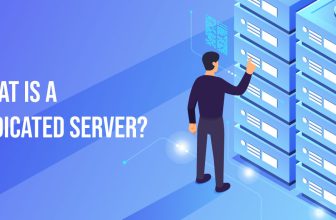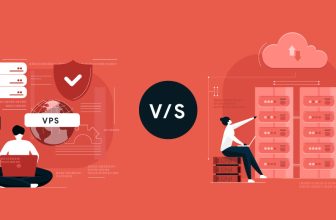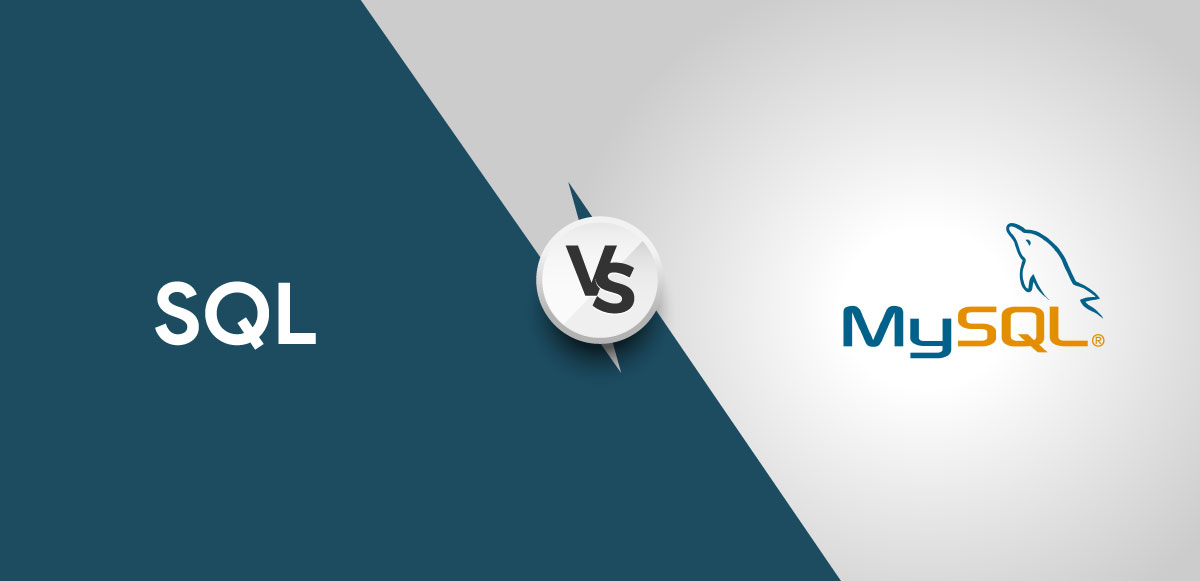
Exclusive Offer: Save Up to 40% on Dedicated Server Hosting!
Unlock unbeatable performance and savings! Enjoy up to 40% off on our dedicated server hosting plans. Limited time offer.
The technology industry has acknowledged Structured Query Language (SQL) and My Structured Query Language (MySQL) servers as valuable tools for managing data. These programs form the foundation for modern Database Management Systems (DBMS) and Relational Database Management Systems (RDBMS), which are critical components of today’s computing environments. While DBMS deals with the physical storage and retrieval of large amounts of data, RDBMS organizes multiple databases systematically. This blog will explore informational features SQL or MySQL Server can offer to facilitate decision-making processes necessary for organizations’ smooth operation.
Types of database servers:
Several types of database servers have different functions. Among them, RDBMS is the most popular choice due to the highly organized system of data storage. Some of the widely used RDBMS include MySQL, SQL Server, Oracle Database, and PostgreSQL. They are different from each other and contain specific features and optimizations for certain applications, respectively.
What is SQL Server?
SQL Server is an advanced and widely used system for the management of relational databases developed by Microsoft. It efficiently handles the storage and manipulation of large volumes of data in the structural form. SQL server has multiple features and functionalities, such as security, physical storage elements, availability, expandability, and complex analyses. It works with SQL for testing and changing data, which is helpful when communicating with databases for developers and administrators. Being reliable, fast, and encompassing a wide range of useful tools, SQL Server is ideal for businesses of all sizes as they need an efficient tool that will help them manage their data effectively.
What is MySQL Server?
MySQL Server is an open-source RDBMS software that supports Internet protocols and is both easy to use and inexpensive. It can store, manipulate, and retrieve large amounts of structured data in a fast way. To small businesses or large enterprises, MySQL Server can be tweaked in any way, shape, or form and increased in size as desired. Security of the data is as robust as the system on which this software operates; moreover, this software is compatible with various OSs and programming languages such as PHP or Java. In addition, because MySQL supports data manipulation through SQL commands, developers may write applications for MySQL using SQL. So, many organizations appreciate MySQL Server for its versatility in top industries and outstanding performance for a reasonable price.
Compare SQL and MySQL Server
| Factor | SQL Server | MySQL Server |
| Cost | Free and open-source | Needs to be licensed for business purposes. |
| Performance and Scalability | Ideal for environments that require heavy read operations. | It performs well in terms of complex queries, concurrency, and enterprise data management. |
| Ecosystem and Integration | Good compatibility with different platforms and languages. | It is compatible with Microsoft systems, has a rich set of built-in tools, and is cloud-based on the Azure platform. |
| Security | It provides the minimum level of security | Comprehensive security functions, roles, permissions, SSL/TLS, AES, and log management and review options. |
| Backup and Restore | Powershell, SQL Server Management Studio | MySQLdump and MySQL workbench |
| Query Langauge | T-SQL | SQL |
Enterprise Features and Benefits:
MySQL is particularly popular among enterprise-level businesses due to its performance, flexibility, and simplicity. It has been designed for processing large volumes of information and can effectively perform this task in numerous scenarios. Furthermore, it supports multiple platforms and programming languages, which makes it highly compatible with enterprise applications.
SQL Server is an enterprise-level database offered by Microsoft that includes a rich security mechanism, high availability, and good performance when querying large databases or using complex queries. It comes fully equipped with rich tools and integrated BI features, thus empowering organizations to make sense of their data.
Conclusion
When deciding on the best database solution, factors to consider include cost, efficiency, ability to integrate with other systems within the organization, security measures, and expandability. MySQL Server is suitable for startups or SMBs are common because it is based on open-source, has high speed, and is cost-adjustable. SQL Server has advanced features, enhanced security, scalability, and other Microsoft products, which make it appropriate to serve as the base for implementing enterprise applications. The analysis of these aspects contributes to the overall conclusion of the effectiveness of a robust and suitable database solution to address the needs of an enterprise.



